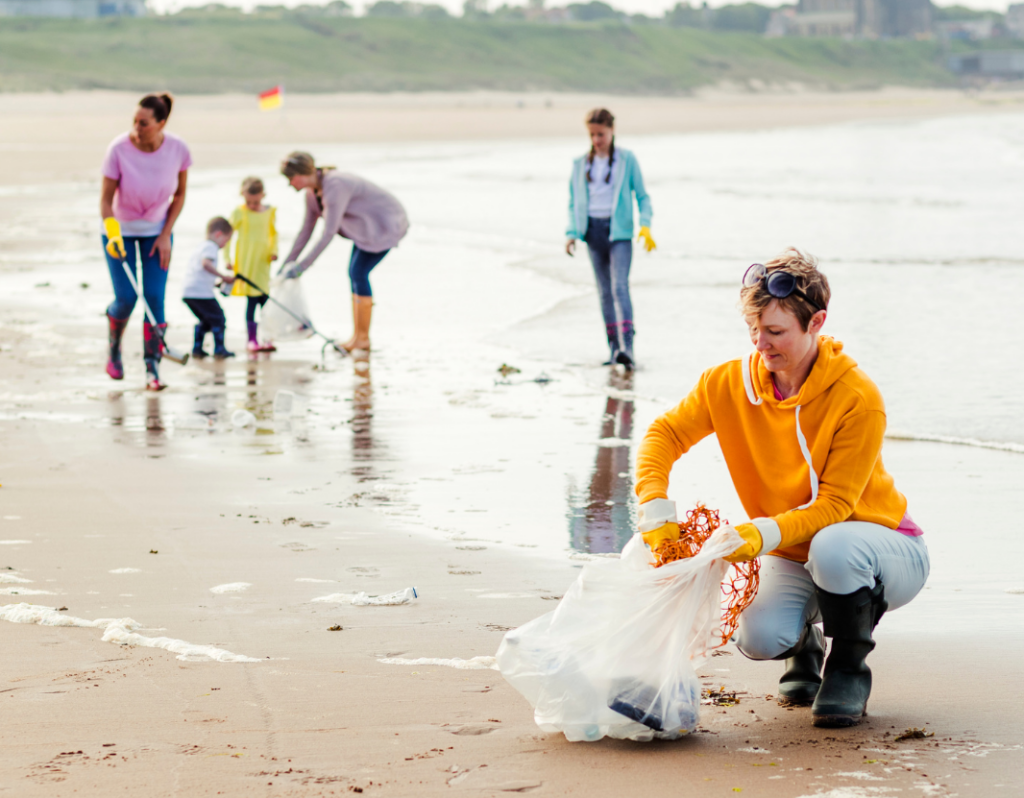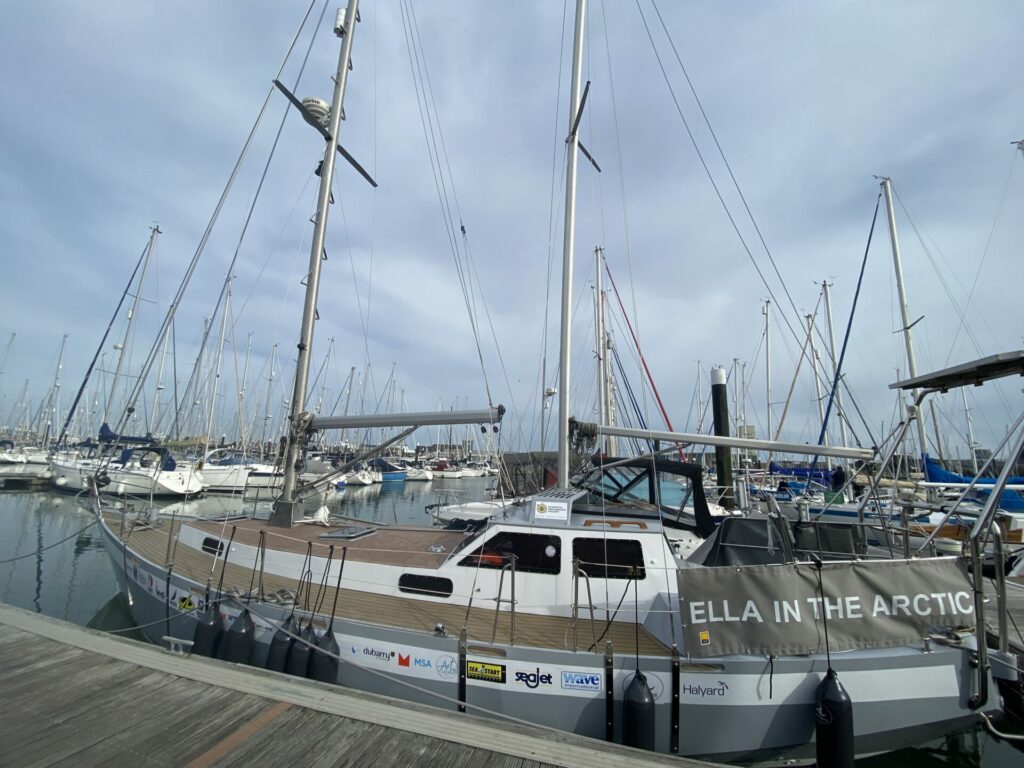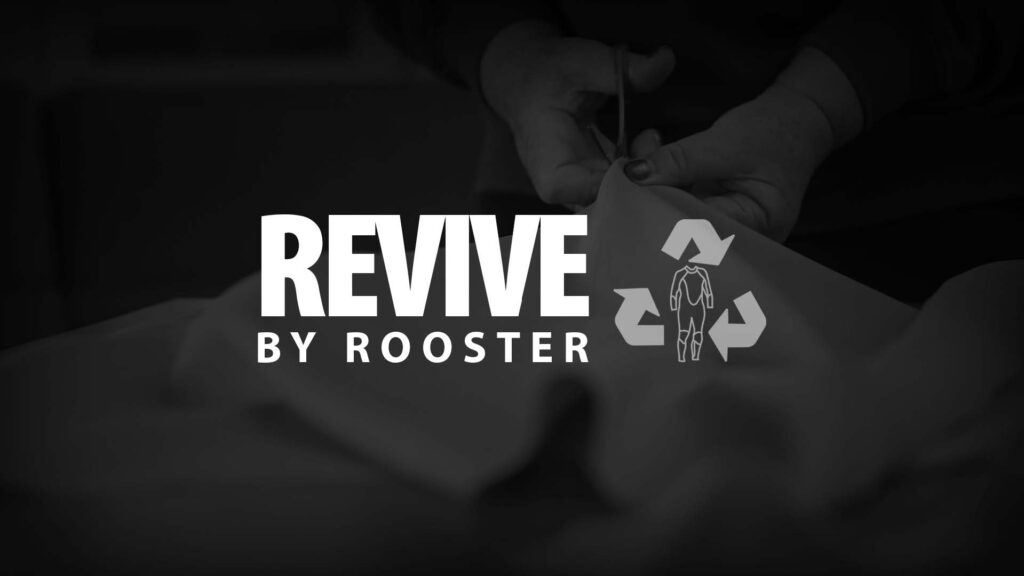Plastic pollution has become one of the most pressing environmental issues, as rapidly increasing production of disposable plastic products overwhelms the world’s ability to deal with them.
According to the World Economic Forum by 2050 there will be more plastic in our oceans in weight than there will be fish – a startling albeit realistic prospect. The production and later discarding of plastic has been rapidly increasing year on year. By 2015 the world had already produced 7.8 billion tonnes of plastic — that’s more than one tonne of plastic for every person in the world today.
Most plastics and general litter are not easily broken down in salt water and can remain in our seas for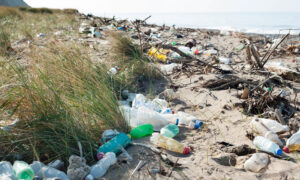 decades. Once discarded, plastics do not disintegrate. They become weathered and eroded into very small fragments, when they are less than 5 mm in length they are known as micro-plastics. Micro-plastics are then ingested by a wide variety of marine organisms and then later become further consumed up the food chain. It is currently estimated that more than one million sea birds and one hundred thousand marine mammals die every year from ingestion or entanglement of plastics, such as balloons and plastic bags (OSPAR Commission).
decades. Once discarded, plastics do not disintegrate. They become weathered and eroded into very small fragments, when they are less than 5 mm in length they are known as micro-plastics. Micro-plastics are then ingested by a wide variety of marine organisms and then later become further consumed up the food chain. It is currently estimated that more than one million sea birds and one hundred thousand marine mammals die every year from ingestion or entanglement of plastics, such as balloons and plastic bags (OSPAR Commission).
Plastic that enters our seas can often be transported thousands of miles away from its origin by the sea’s currents. These currents congregate the plastics together, where they then become caught up in one of the Earth’s five major currents, or gyres. When marine debris converges in the gyres it blocks out sunlight from the marine life below, preventing the production of algae and plankton and, ultimately, disrupting the marine food chain.
In the boating community we are fortunate to be able to experience and enjoy many marine areas that others are not able to view or reach. However, this privilege brings with it a responsibility. Recreational boating contributes to only a small fraction of the estimated four to thirteen million tonnes of marine litter produced annually, but there is still much that we can do to reduce our impact on the areas in which we sail.
What can you do to help?
The basic principles of recycling packaging and rubbish are just as important when sailing as when on land. Many marinas have recycling areas so all you need to do is separate the different materials out and distribute accordingly. Whilst at sea, ensuring that your recycling container or bin is secure with a fitted lid is a good way to avoid refuse from entering the sea without your knowing. Likewise, don’t throw anything overboard, including food – even an orange peel can take up to two years to biodegrade in salt water!
An easy swap is carrying polyethylene-free biodegradable rubbish bags. Unlike their plastic equivalent, these bags are able to biodegrade into carbon dioxide, water and biomass within ten-twelve weeks after use.
Giving a new lease of life to an otherwise disused item by re-use is key to minimising the volume of items
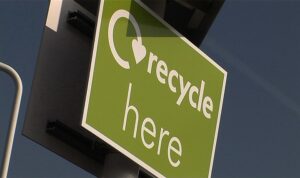
ending up in our oceans, or our landfill sites. Boat jumbles are a great place to offload unwanted equipment, whilst also replenishing with second hand fixings and gadgets. Unwanted boats, equipment and clothing in good condition could also be donated and reused at clubs or training centres.
For equipment that may no longer be fit for purpose or safe to use some of these can be remodelled to suit a new function. Do you have a piece of old sail cloth that you no longer have a use for? There are now many innovative companies that can transform old pieces of cloth or rope and upcycle them into desirable products such as beach bags and deckchairs.
The old adage of ‘Reduce, Reuse, and Recycle’ should always be at the forefront of boaters’ minds when purchasing new equipment or choosing cleaning products for boats. However, the world produces more than four hundred million tonnes of plastic every year. Some of which can be recycled, but much of it cannot, and an even smaller amount of what can be recycled actually is. Wherever possible it is important to question and ‘Refuse’ the purchase of single use plastic.

